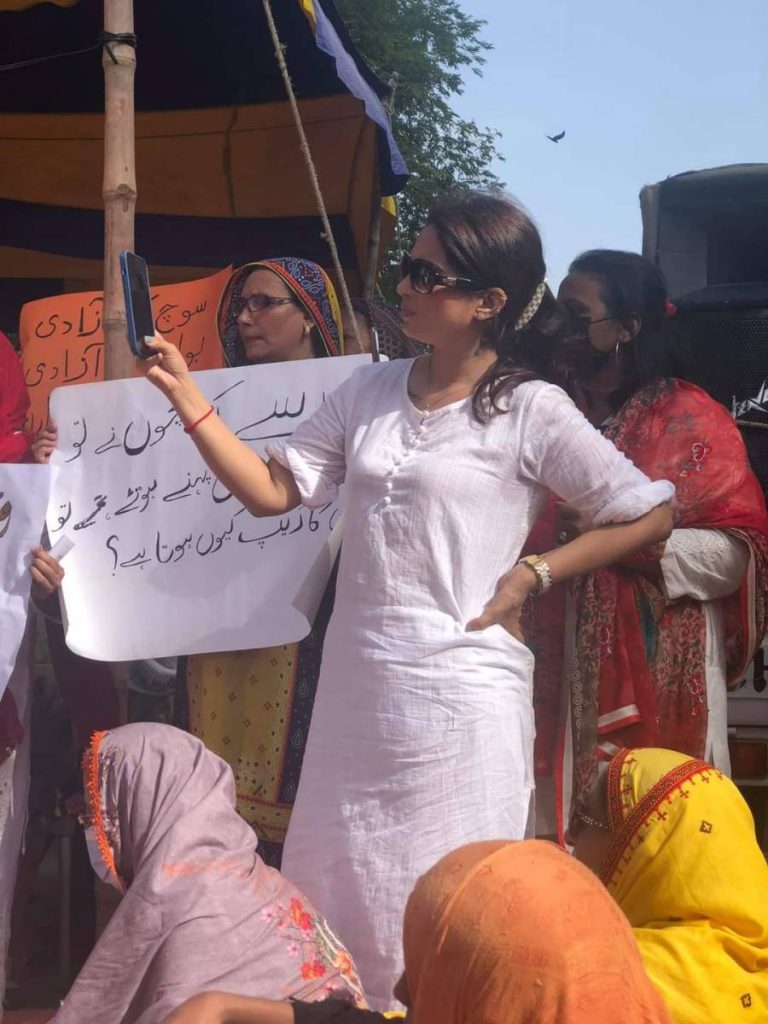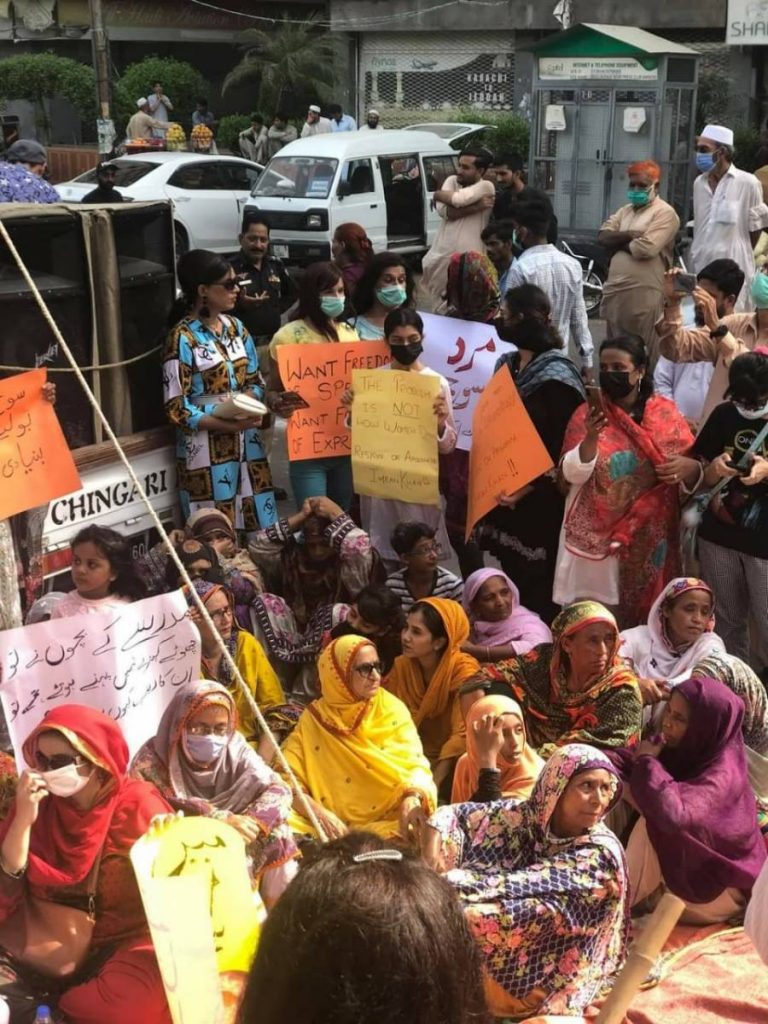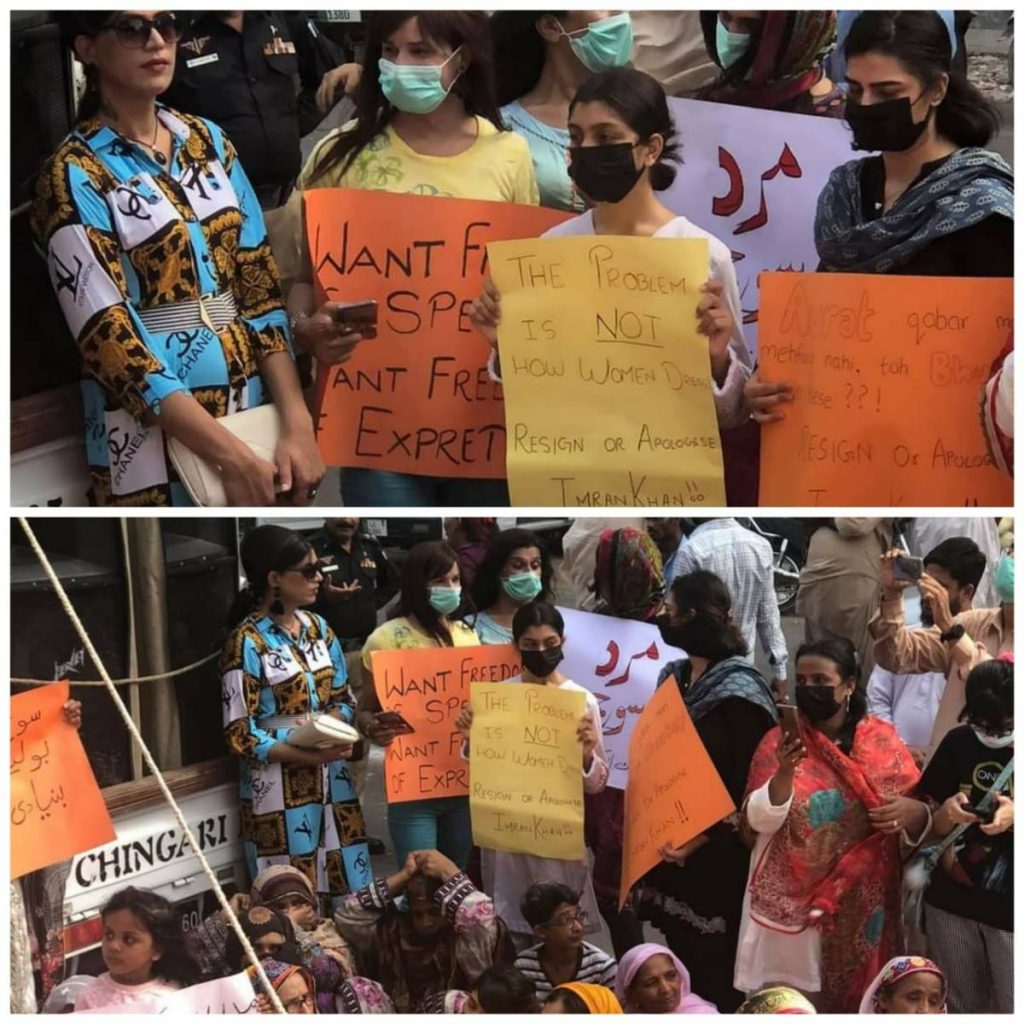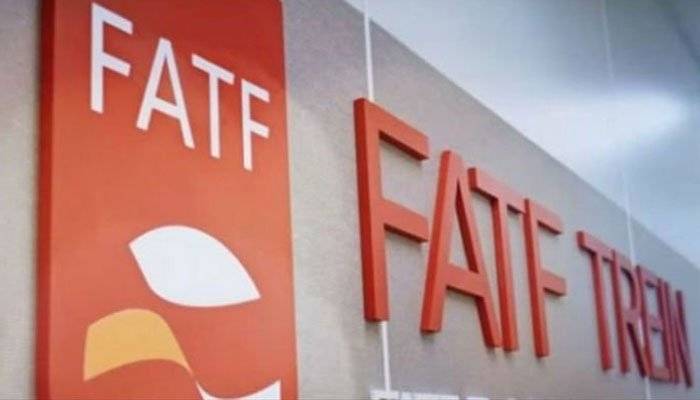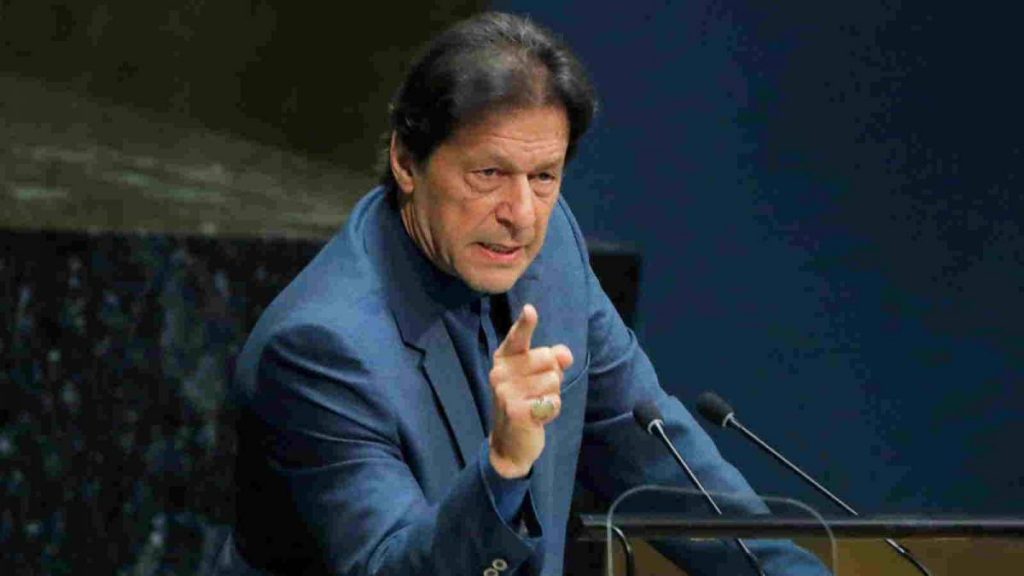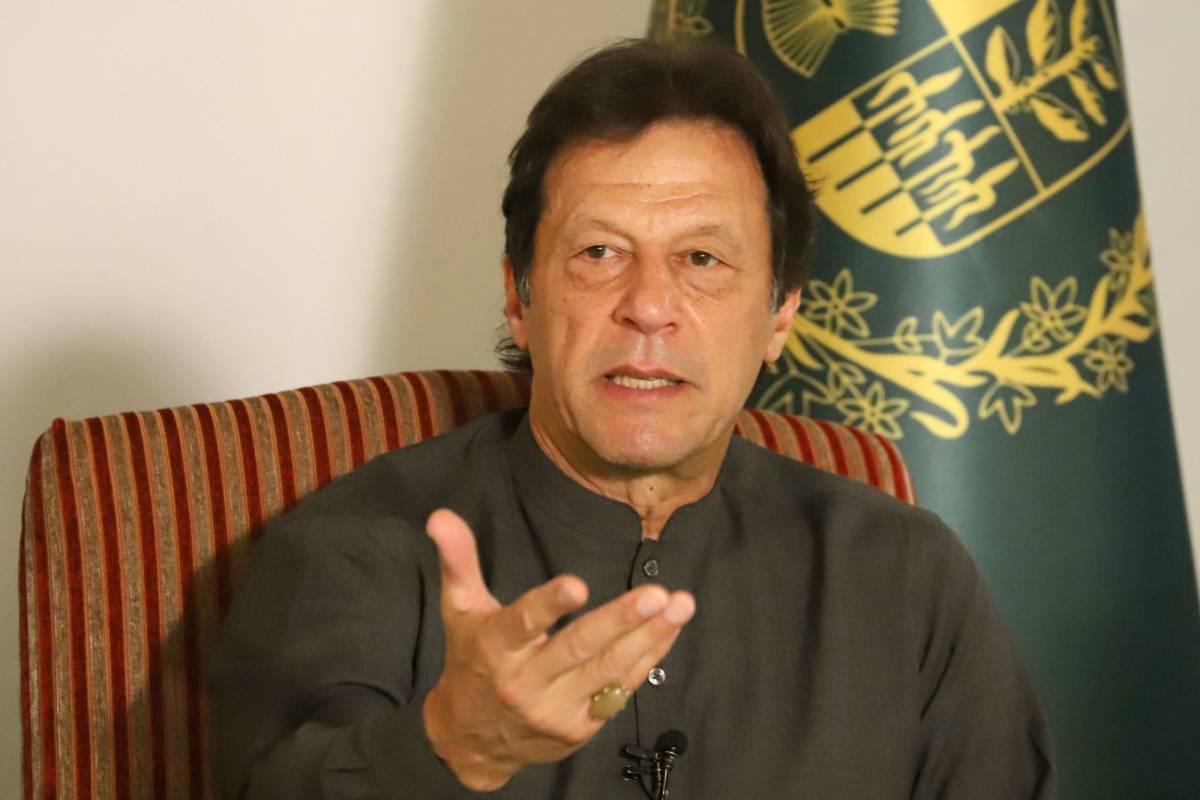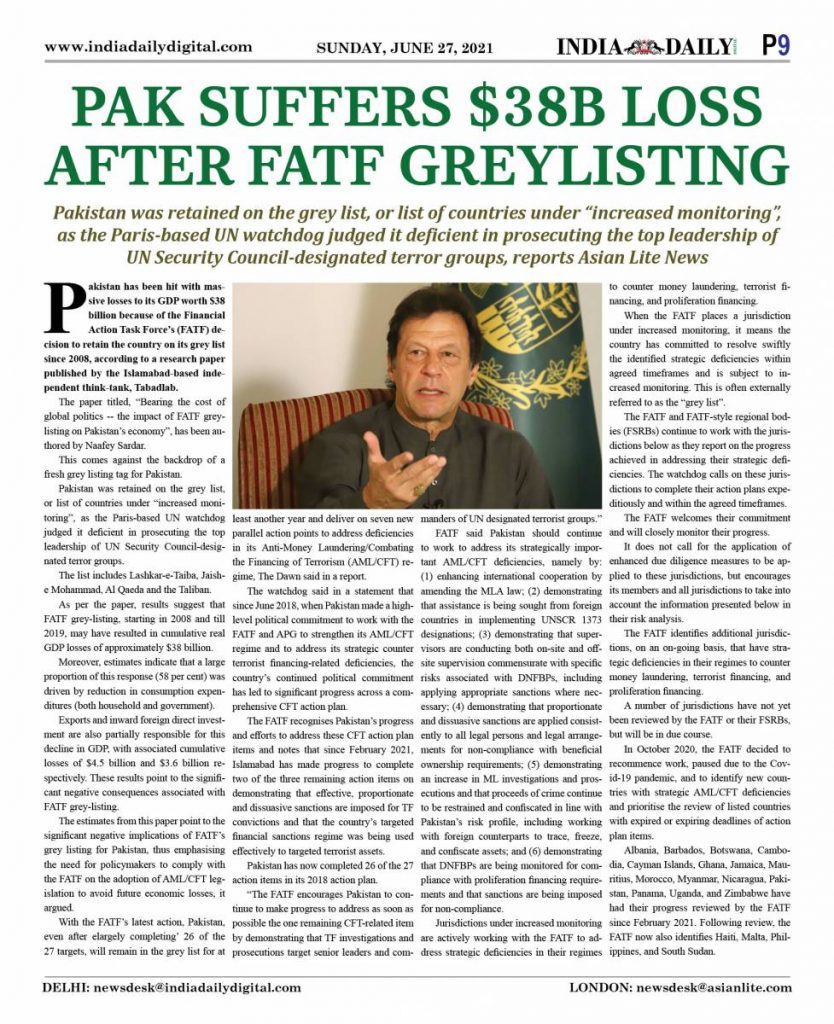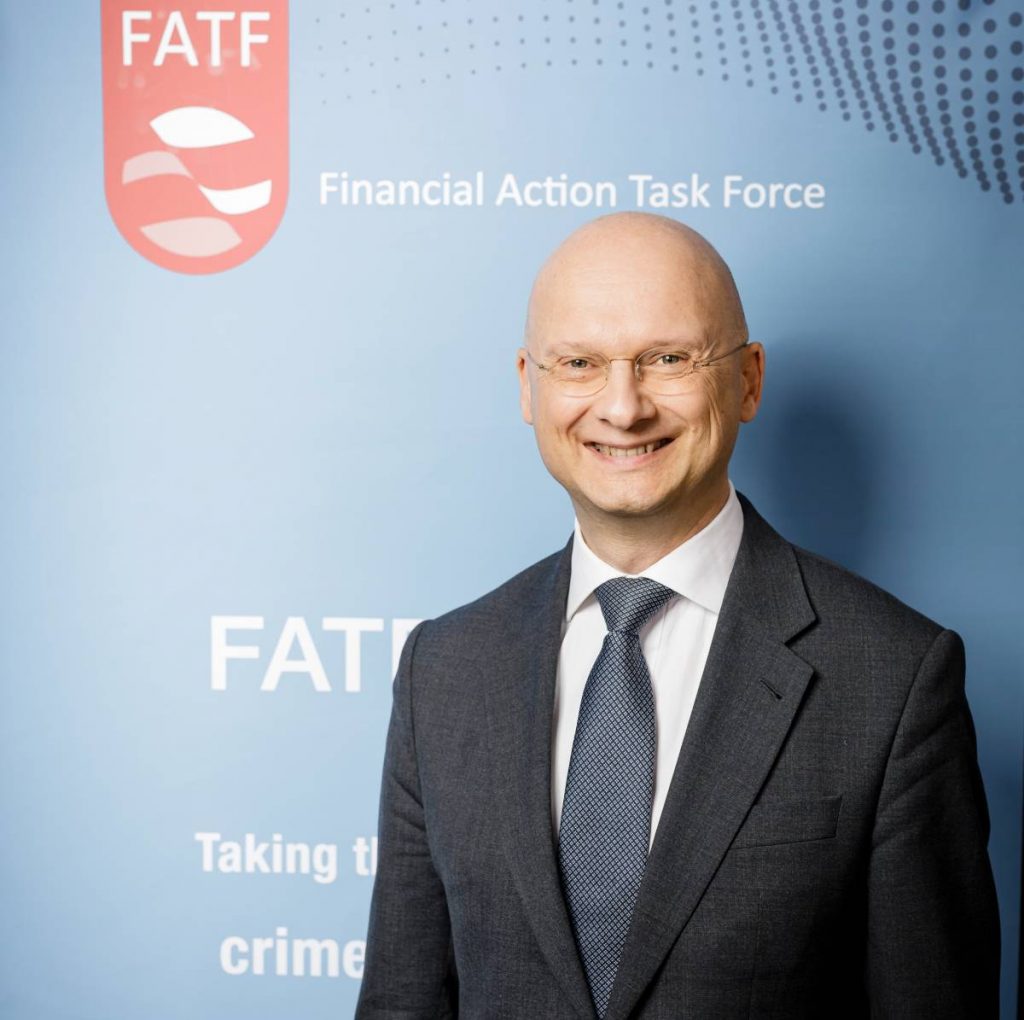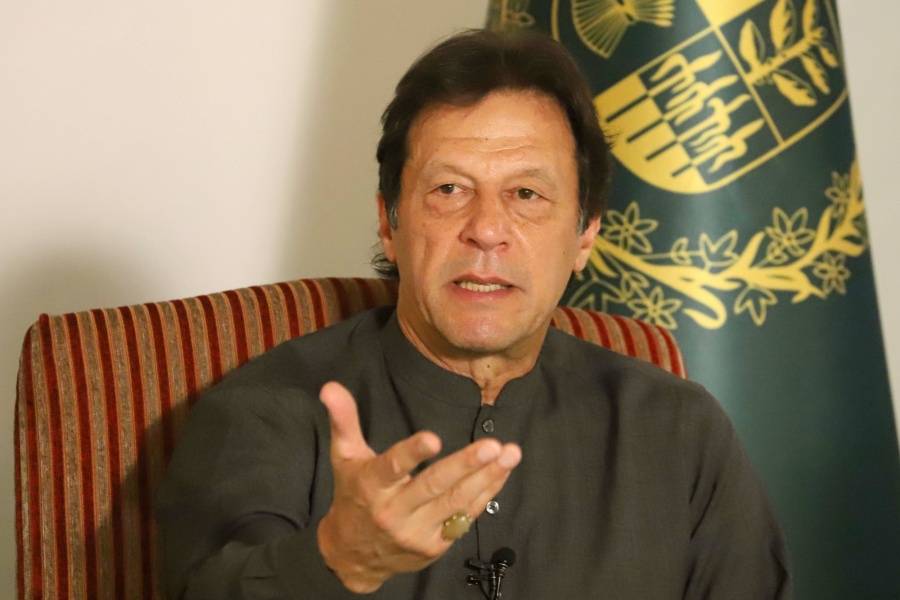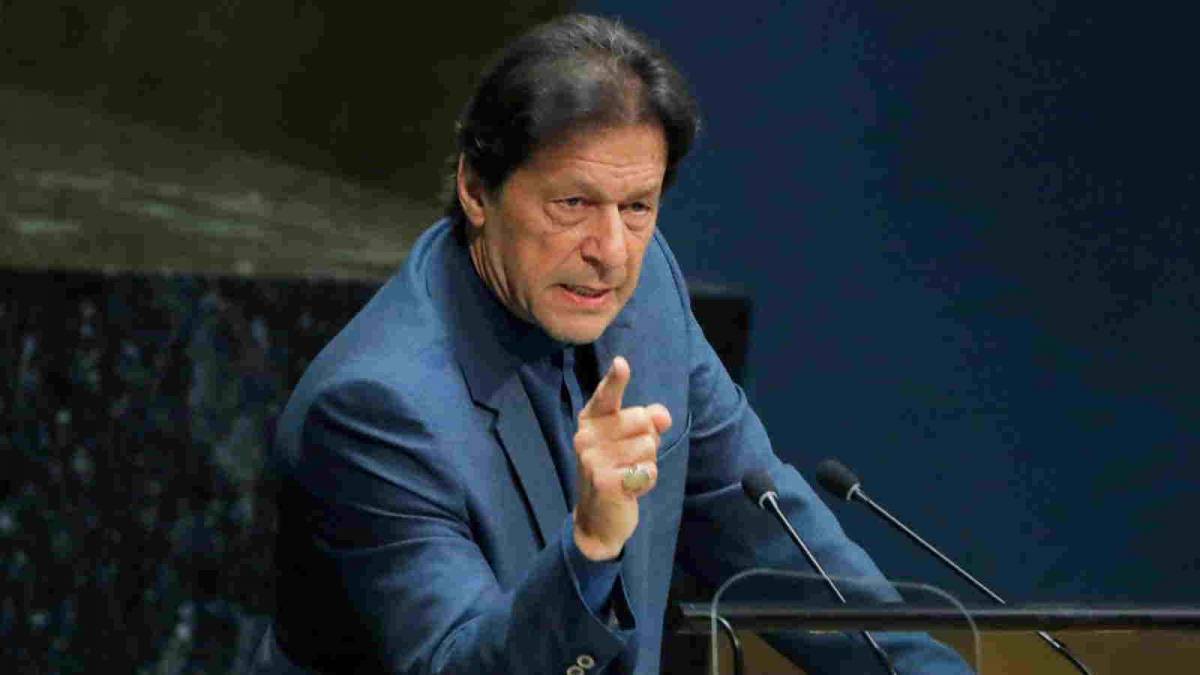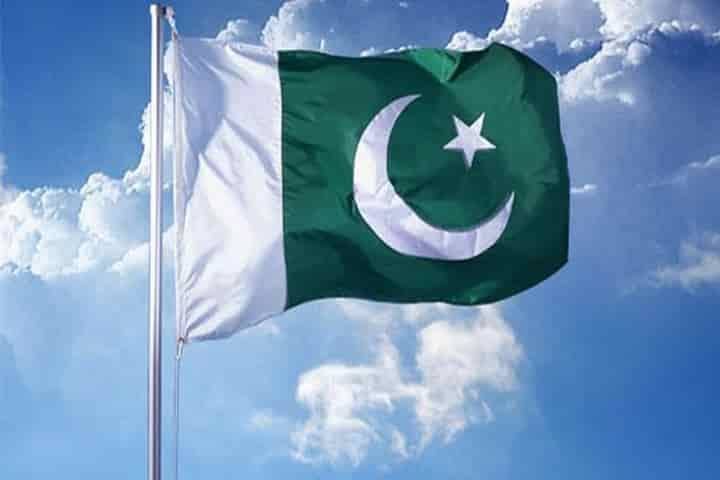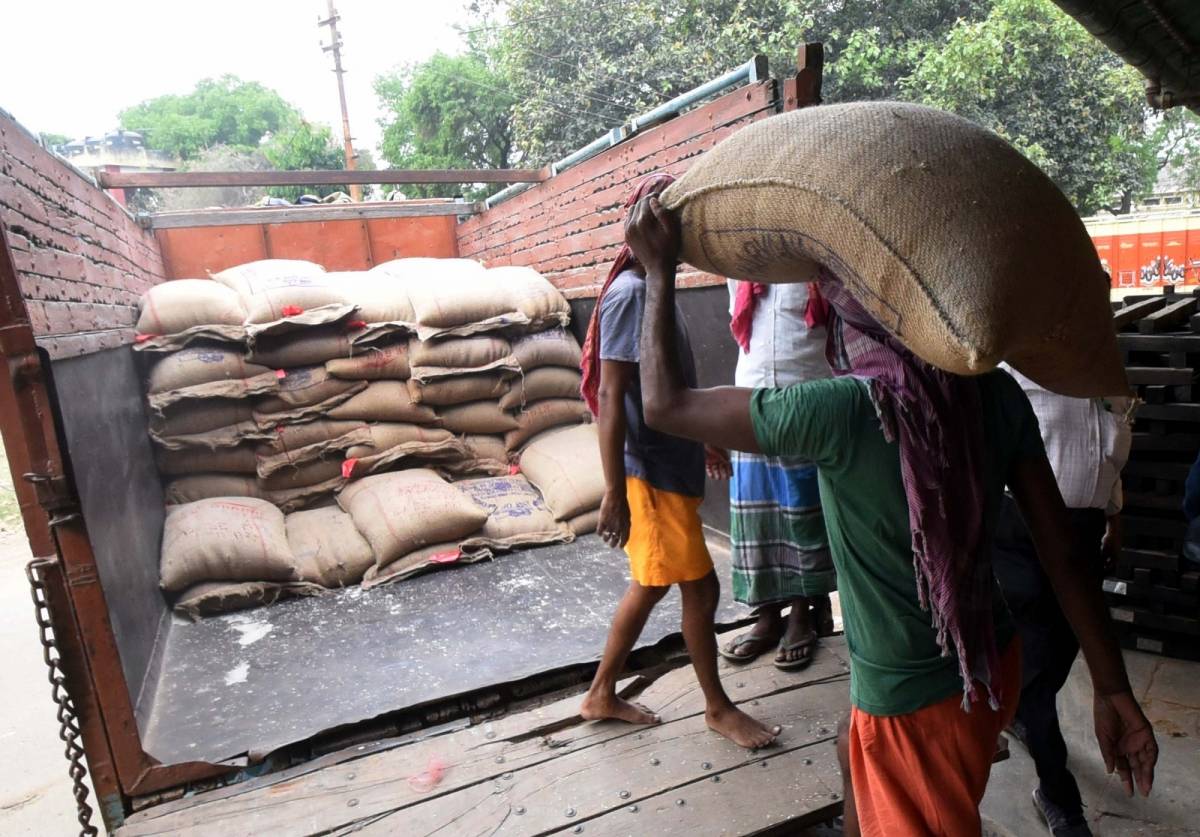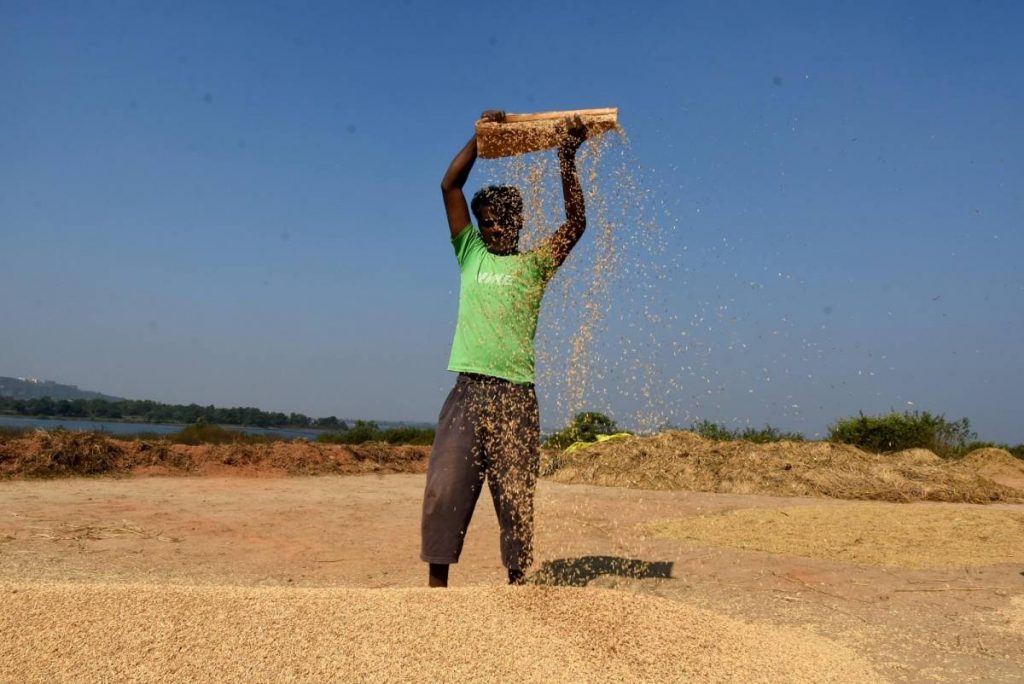It was on June 26, 1987 that the 8 JAK LI captured the Quaid Post (named after Muhammad Ali Jinnah) in Siachen at an altitude of 21,153 feet, a virtually impregnable glacier fortress with ice walls as high as 1500 feet on both sides which was occupied by Pakistani forces to dominate the entire region, reports Ateet Sharma
Thirty-four years after their exemplary valour created history on the highest battleground in the world, the heroics of Captain Bana Singh, Param Vir Chakra, Major Varinder Singh, Vir Chakra, Sena Medal and his team from the 8th Jammu & Kashmir Light Infantry (Siachen) are being recalled with a huge sense of pride by many Indians today.
It was on June 26, 1987 that the 8 JAK LI captured the Quaid Post (named after Muhammad Ali Jinnah) in Siachen at an altitude of 21,153 feet, a virtually impregnable glacier fortress with ice walls as high as 1500 feet on both sides which was occupied by Pakistani forces to dominate the entire region.
Naib Subedar Bana Singh, who volunteered to be a member of the team tasked to capture the Quaid Post, displayed conspicuous gallantry and leadership under severe adverse conditions and was awarded India’s highest gallantry award, the Param Vir Chakra and the post was renamed as ‘Bana Top’ in his honour.

Along with Subedar Sanjay Kumar and Subedar Yogendra Singh Yadav, Captain Bana Singh is the only living recipient of the award.
Temperatures in the upper reaches of the 76 km glacier with mountain ranges on either side ranges between minus 30 degrees to minus 80 degrees centigrade and the average winter snowfall is 35 feet.
Bane Singh
It was in these extremely difficult and hazardous conditions that Singh, with a thin razor sharp ridge line on the flank, led his men through the dangerous route and inspired them by his indomitable courage and leadership.
Using ropes to climb the ice walls in numbing chillness, the heroic JCO and his men crawled and closed in on the enemy. In an unparalleled feat of raw courage and valour he moved from trench to trench, lobbing hand grenades and charging with his bayonet killing all the remaining enemy soldiers to capture the strategic post.
ALSO READ: India to join naval exercises with Africa, Europe and Russia
JAK LI – a battle-hardened and decorated Regiment
The JAK LI Infantry Regiment with 17 battalions, is one of the most battle hardened and decorated Regiments of the Indian Army.
The battalion was raised as the First Battalion Border Scouts by volunteers who took up arms in the aftermath of communal passion and the smouldering embers of Partition to check the multitude of Kabailies intruding into Poonch on 18 December 1947.
‘Born in Battle and Purified in Blood’, the battalion was re-designated as 8th Jammu & Kashmir Militia on April 15, 1948. The Regiment, raised on December 2, 1972 from J&K Militia – and rechristened Jammu & Kashmir Light Infantry on April 27, 1976 – has fought gallantly in the 1947-48, 1965 & 1971 Indo-Pak wars.
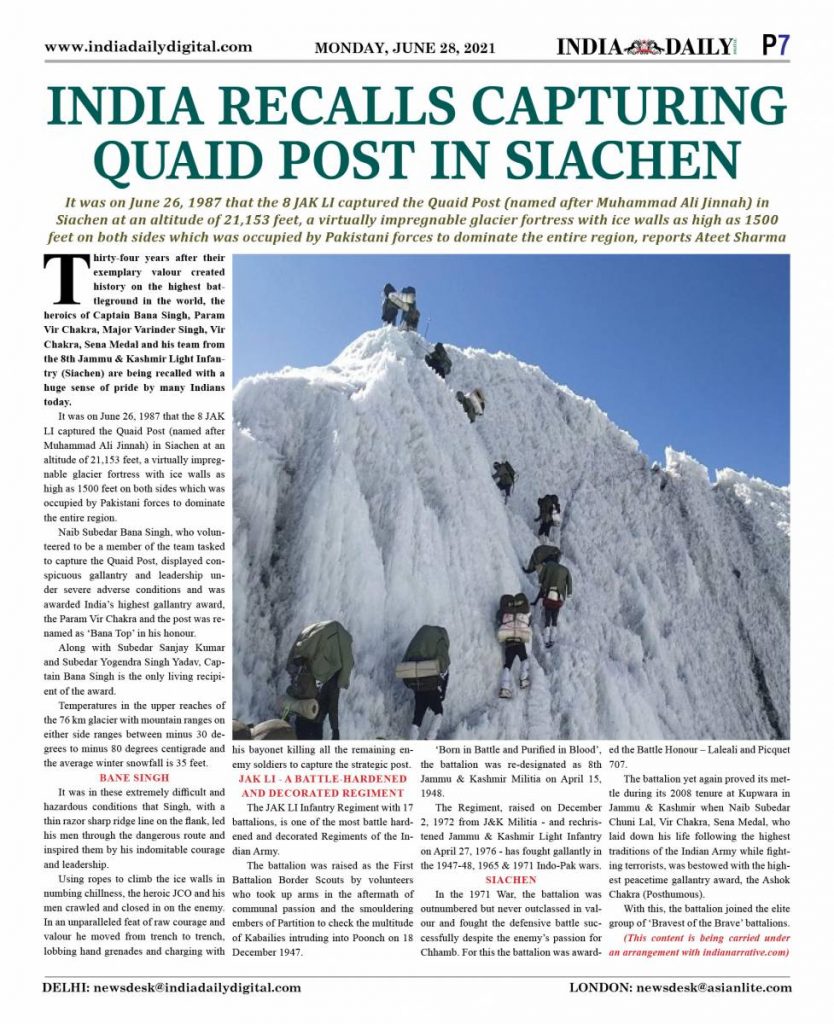
Siachen
In the 1971 War, the battalion was outnumbered but never outclassed in valour and fought the defensive battle successfully despite the enemy’s passion for Chhamb. For this the battalion was awarded the Battle Honour � Laleali and Picquet 707.
The battalion yet again proved its mettle during its 2008 tenure at Kupwara in Jammu & Kashmir when Naib Subedar Chuni Lal, Vir Chakra, Sena Medal, who laid down his life following the highest traditions of the Indian Army while fighting terrorists, was bestowed with the highest peacetime gallantry award, the Ashok Chakra (Posthumous).
With this, the battalion joined the elite group of �Bravest of the Brave’ battalions.
(This content is being carried under an arrangement with indianarrative.com)
ALSO READ: Pak proxy Taliban target India






